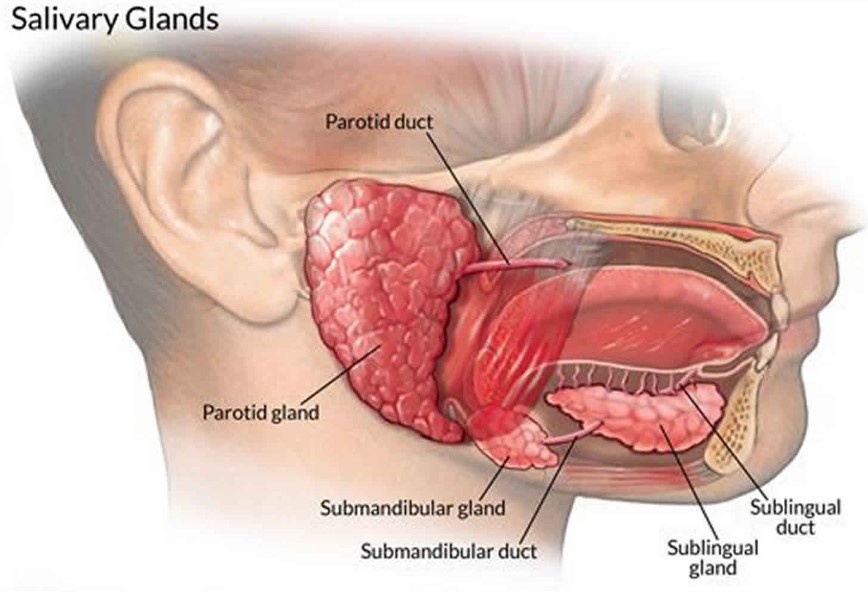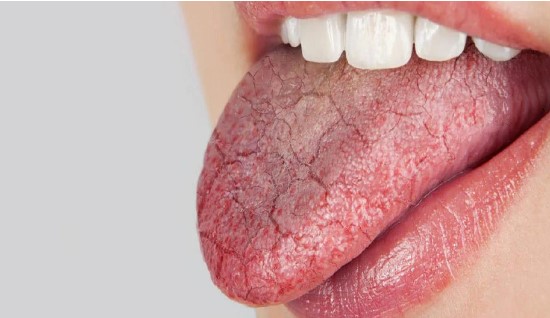When consuming cannabis, whether through smoking, vaping, or edibles, many users experience a common side effect known as cotton mouth. Also referred to as dry mouth or xerostomia, this condition is characterized by a lack of saliva production, resulting in a dry and sticky sensation in the mouth. While cotton mouth can be an uncomfortable experience, understanding the science behind it can help users better manage and prevent this side effect.

What does Cotton Mouth Mean
Cotton mouth, or dry mouth, is a condition characterized by a decrease in saliva production. Saliva plays a crucial role in maintaining oral health, as it helps with digestion, lubricates the mouth, and aids in swallowing. When saliva production is reduced, it can result in a range of symptoms such as a dry and sticky mouth, difficulty swallowing, bad breath, and an increased risk of dental issues.
The Science Behind Cotton Mouth
The Role of Cannabinoids
To understand why cannabis causes cotton mouth, we need to look at the role of cannabinoids, the active compounds found in the cannabis plant. The two most well-known cannabinoids are tetrahydrocannabinol (THC) and cannabidiol (CBD). These cannabinoids interact with the body’s endocannabinoid system, a complex network of receptors and signaling molecules involved in various physiological processes.
The Endocannabinoid System and Saliva Production
Saliva production is regulated by the endocannabinoid system, specifically through the activation of cannabinoid receptors in the salivary glands. When THC or CBD binds to these receptors, it disrupts the normal signaling process that stimulates saliva production. As a result, the salivary glands produce less saliva, leading to the dry mouth sensation commonly associated with cannabis use.

Causes of Cannabis-Induced Cotton Mouth
THC and CBD
Both THC and CBD have been implicated in causing cotton mouth. THC, the primary psychoactive compound in cannabis, has been found to have a more pronounced effect on saliva production. CBD, on the other hand, may contribute to dry mouth when consumed in higher doses or in combination with THC. The exact mechanisms by which these cannabinoids affect saliva production are still being studied, but their interaction with the endocannabinoid system is believed to play a significant role.
Smoking, Vaping, and Edibles
The method of cannabis consumption can also influence the severity of dry mouth. Smoking and vaping deliver cannabinoids directly into the lungs, where they are rapidly absorbed into the bloodstream. This quick onset of effects can lead to a more pronounced dry mouth sensation. Edibles, on the other hand, have a delayed onset of effects as the cannabinoids are metabolized in the digestive system. However, once the effects kick in, cotton mouth can still occur.
Is Cotton Mouth Harmful to Health?
While cotton mouth is generally considered a temporary and benign side effect of cannabis use, it can have implications for oral health if not managed properly. Saliva plays a crucial role in maintaining the health of the mouth and teeth. It helps to neutralize acids, wash away food particles, and protect against tooth decay and gum disease. Therefore, a persistent lack of saliva due to cotton mouth can increase the risk of dental issues such as tooth decay, gum disease, and bad breath.

How do you Get Rid of and Prevent Cotton Mouth
Fortunately, there are several strategies that can help prevent and alleviate cotton mouth when consuming cannabis. Here are some tips to keep in mind:
Stay Hydrated
One of the most effective ways to combat cotton mouth is to stay hydrated. Drinking plenty of water before, during, and after cannabis consumption can help maintain saliva production and alleviate dryness in the mouth. It is important to note that sugary or caffeinated beverages should be avoided as they can contribute to dehydration.
Chewing Gum and Sucking on Candy
Chewing sugar-free gum or sucking on sugar-free candy can stimulate saliva production and alleviate the dry mouth sensation. The act of chewing or sucking can help stimulate the salivary glands and increase saliva flow. Opting for sugar-free options is important to maintain good oral health and prevent tooth decay.
Avoiding Caffeine and Alcohol
Both caffeine and alcohol can contribute to dehydration, exacerbating the dry mouth sensation. It is advisable to limit or avoid consuming these substances when using cannabis to minimize the risk of cotton mouth. Instead, opt for hydrating beverages such as water or herbal teas.
Using Moisturizing Mouth Sprays and Mouthwashes
There are various moisturizing mouth sprays and mouthwashes available in the market that can provide temporary relief from dry mouth. These products are specifically formulated to lubricate the mouth and alleviate dryness. They can be used as needed throughout the day to maintain moisture in the mouth.
Researching Different Strains of Medical Marijuana to Avoid Cotton Mouth
Another approach to mitigating cotton mouth is to research and choose cannabis strains that are less likely to cause this side effect. Different strains of cannabis contain varying levels of cannabinoids, terpenes, and other compounds that contribute to the overall effects and potential side effects. By exploring strain profiles and user reviews, individuals can find strains that are less likely to induce cotton mouth.
Long-Term Implications
Dry mouth is typically considered a transient inconvenience. Its persistent occurrence may lead to potential long-term implications for oral health. Proper oral hygiene practices are paramount for mitigating the risks associated with decreased saliva production over time.
Importance of Long-Term Oral Hygiene
Maintaining good oral hygiene is essential for preventing dental issues that may arise from chronic dry mouth. Without an adequate saliva flow to wash away food particles and neutralize acids, the risk of tooth decay, gum disease, and oral infections increases.
Debunking Cotton Mouth Myths
Myth: Dry Mouth Indicates Potent Cannabis
Contrary to popular belief, the occurrence of cotton mouth is not necessarily indicative of the potency or quality of cannabis. While certain strains or consumption methods may trigger more pronounced dry mouth symptoms, the intensity of cotton mouth can vary widely among individuals and may not correlate with the potency of the cannabis product.
Myth: Dry Mouth Is Harmless
While cotton mouth is generally considered a benign side effect, its persistent occurrence may have implications for oral health if left unmanaged. Chronic dry mouth can increase the risk of dental issues such as tooth decay, gum disease, and oral infections, emphasizing the importance of proactive measures to alleviate dry mouth symptoms and maintain oral hygiene.
Myth: Dry Mouth Is Inevitable
While cotton mouth is a common side effect of cannabis use, it is not inevitable. By implementing hydration strategies, choosing appropriate cannabis strains, and practicing good oral hygiene, individuals can minimize the discomfort associated with dry mouth and optimize their overall oral health.
Conclusion
Cotton mouth, or dry mouth, is a common side effect of cannabis use that can be attributed to the interaction between cannabinoids and the endocannabinoid system. Understanding the science behind cotton mouth allows individuals to take proactive measures to prevent and alleviate this condition. By staying hydrated, chewing gum, avoiding caffeine and alcohol, and using moisturizing mouth sprays, cannabis users can minimize the discomfort associated with dry mouth. Additionally, researching different strains of cannabis can help individuals choose varieties that are less likely to induce this side effect. With these strategies in place, individuals can optimize their cannabis consumption experience and maintain good oral health.

